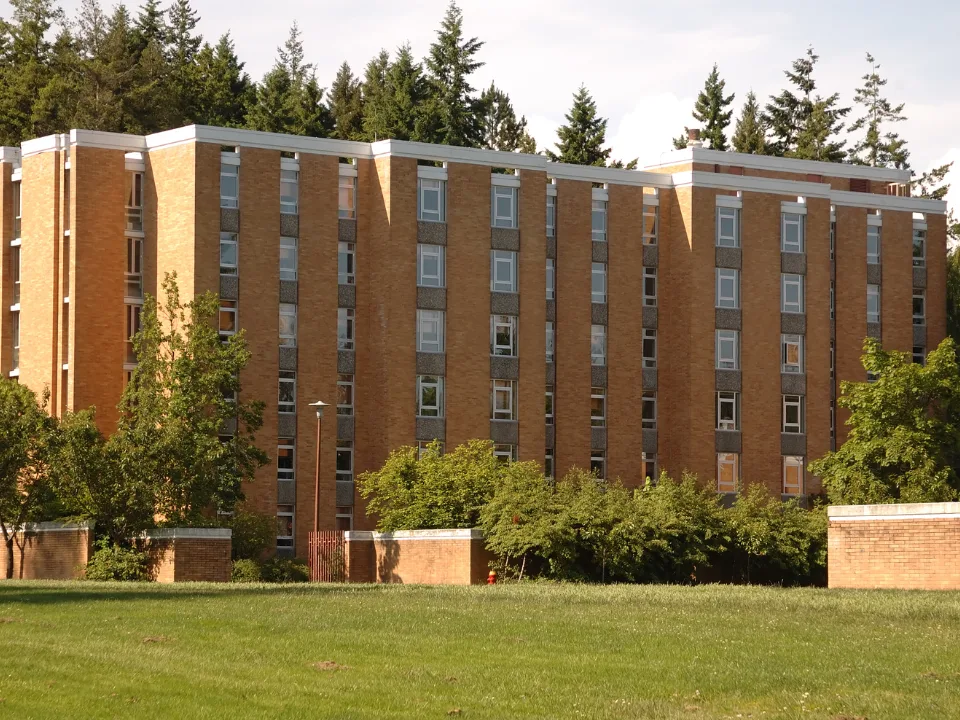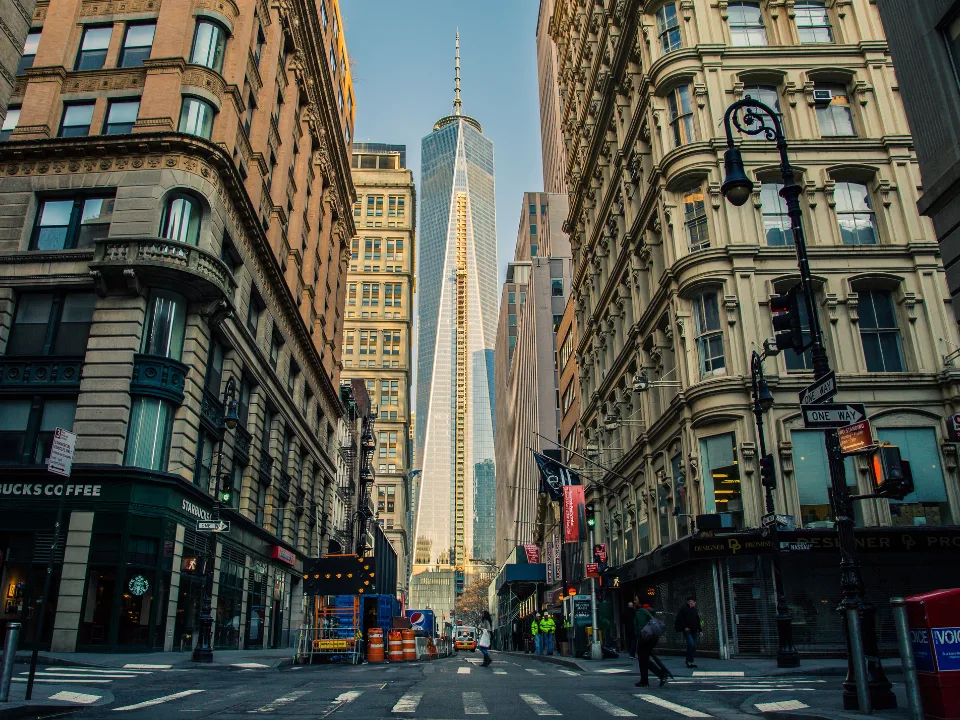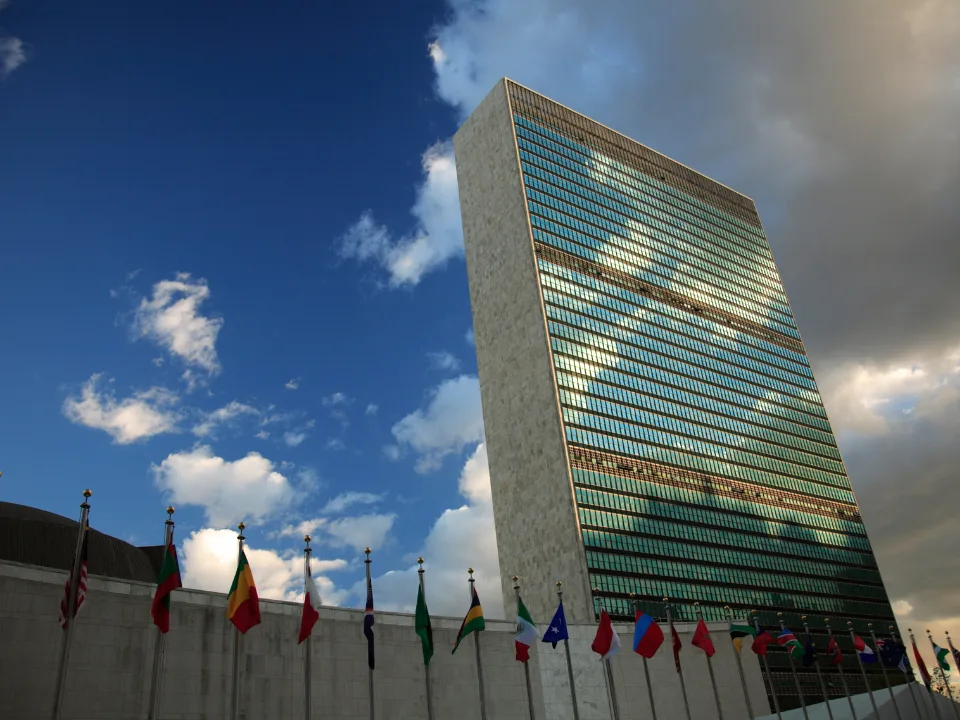Las Vegas Casino Project Scores $2.2B Loan to Cross the Finish Line
Fontainebleau Las Vegas secures $2.2bn construction loan to complete long-stalled project, set to be completed in late 2023 and featuring 3,700 hotel rooms, 550,000 sq ft of convention and meeting space, gaming, dining, retail and health and wellness spaces.
Good morning. Happy holidays to all the loyal CRE Daily readers. We hope you all got into the holiday spirit the same way we did. Our staff gathered in South Beach for the first annual CRE Daily Christmas party…it was a truly unforgettable evening.
In today’s email: A massive Las Vegas casino strip project nearly 20 years in the making may actually become a reality despite long odds. Meanwhile, Boston’s commercial real estate industry leaders are expressing concern about the proposed increases to the city’s linkage fees.
⚡ Want to share the CRE Daily? Invite your friends to sign up here.
Podcast of the Day: In this episode of The FORT, Chris Powers covers the topic of real estate syndication, including the differences between syndication and a fund, the benefits, and drawbacks of syndication, various deal structures, and the fees involved.
BACK ON TRACK
Improbable Las Vegas Casino Project Scores $2.2B Loan to Cross the Finish Line

Fontainebleau Development and Koch Real Estate Investment have secured a massive $2.2 billion construction loan to complete their 67-story hotel-casino by the fourth quarter of 2023.
Obtaining the loan: The financing for the construction was led by JPMorgan and supported by Blackstone Real Estate Debt Strategies, SMBC, and Goldman Sachs. Obtaining financing for construction projects has become increasingly challenging due to recent rate hikes by the Fed.
From the horse’s mouth: “Securing $2.2 billion in financing in today’s market speaks to the widespread confidence in this project, and the team that’s come together to bring it to Las Vegas,” Jacob Francis, president of Koch Real Estate Investments, said in the release.
Dream to reality: Once complete, the resort will be spread over 25 acres and 9M SF directly adjacent to the Las Vegas Convention Center. It will feature approximately 3,700 hotel rooms, 550,000 SF of convention and meeting space, and various gaming, dining, retail, and health and wellness spaces. The casino floor will be about 150,000 square feet, making it one of the largest in Las Vegas.
➥ THE TAKEAWAY
Changing hands: The Fontainebleau project has had a long and complicated history. It was initially started in 2007 with a planned completion date in 2009, but the project faced delays due to a lack of funding and eventually went through bankruptcy. The property changed hands multiple times before being reacquired by the original founder, Jeffrey Soffer, in 2021.
The bottom line: While the delays have been frustrating, they may have worked in the project’s favor in the long run. The north end of the Las Vegas Strip has recently become a more attractive location for higher-end resorts, thanks partly to the launch of Resorts World Las Vegas. The Fontainebleau project will provide another anchor tenant for the area and help drive more tourists to the north end of the Strip. It may not match the vibrancy of the south and central parts of the Strip, but it will be a welcome addition.
FEE FREEZE
Proposed Linkage Fee Increases Spark Concerns Among Boston’s CRE Developers
Boston’s commercial real estate industry leaders are expressing concern about the proposed increases to the city’s linkage fees, saying that the hike could discourage development and cause investors to reconsider their plans.
Slowing development: Linkage fees are charges commercial developers must pay to support affordable housing and job training initiatives. Last week, Boston’s Mayor Michelle Wu proposed increasing the linkage fee for life sciences projects by 100% and the fee for all other commercial developments by 50%. In addition, she declared changes to the city’s Inclusionary Development Policy that would mandate developers of apartments to set aside a higher number of units as affordable.
Challenges ahead: The proposed increase to the linkage fee, which requires approval from the Boston Planning & Development Agency and the Zoning Commission, follows a 42% hike in fees implemented by former Mayor Marty Walsh in March 2021. The current economic climate, marked by rising interest rates, construction costs, and slowing demand, presents additional challenges for developers and may exacerbate the negative impact of the proposed fee increase on the city’s development.
➥ THE TAKEAWAY
The bottom line: The proposed changes to the linkage fees and the lower threshold for payment could affect the financial viability of commercial development projects and potentially impact the availability of affordable housing and job training resources in the city. If developers can’t make the financial math for projects work in Boston, experts said they will look elsewhere.
📰 Editors’ Picks
-
Fighting inflation: The Fed’s interest rate increases could help the central bank achieve its goal of lower economic activity by causing a housing market slump in the US.
-
Dry powder: Institutional investors have set aside up to $110 billion to purchase or build single-family rentals, the most ever accumulated by investors to acquire US homes.
-
Indefinite pause: The Durst Organization has stopped work on its 25-story apartment building in Philadelphia due to rising costs and a challenging financing market.
-
Unpaid rent: A short-term rental company based in Miami is facing a lawsuit for over $1 million after being accused of not paying rent at multiple apartments in NYC.
-
Restaurant revolution: The pandemic has caused a series of challenges for the restaurant industry. Now, chefs and restaurant owners are trying to figure out why it all feels so different and what the future holds.
📈 Chart of the Day
U.S. hotel occupancy declined to 54.5% in the week of Dec. 11-17, with the largest declines on Tuesday through Thursday, according to data from the research firm STR. The decrease was in line with expectations based on prior years.
😎 Offering-MEME-Orandum
— Not Jerome Powell (@alifarhat79)
Dec 25, 2022
You share. We listen. As always, send us feedback at news@credaily.com.
What did you think of today’s newsletter? |
DISCLAIMER: None of this is financial advice. This newsletter is strictly educational and is not investment advice or a solicitation to buy or sell any assets or to make any financial decisions. Please be careful and do your own research.

















